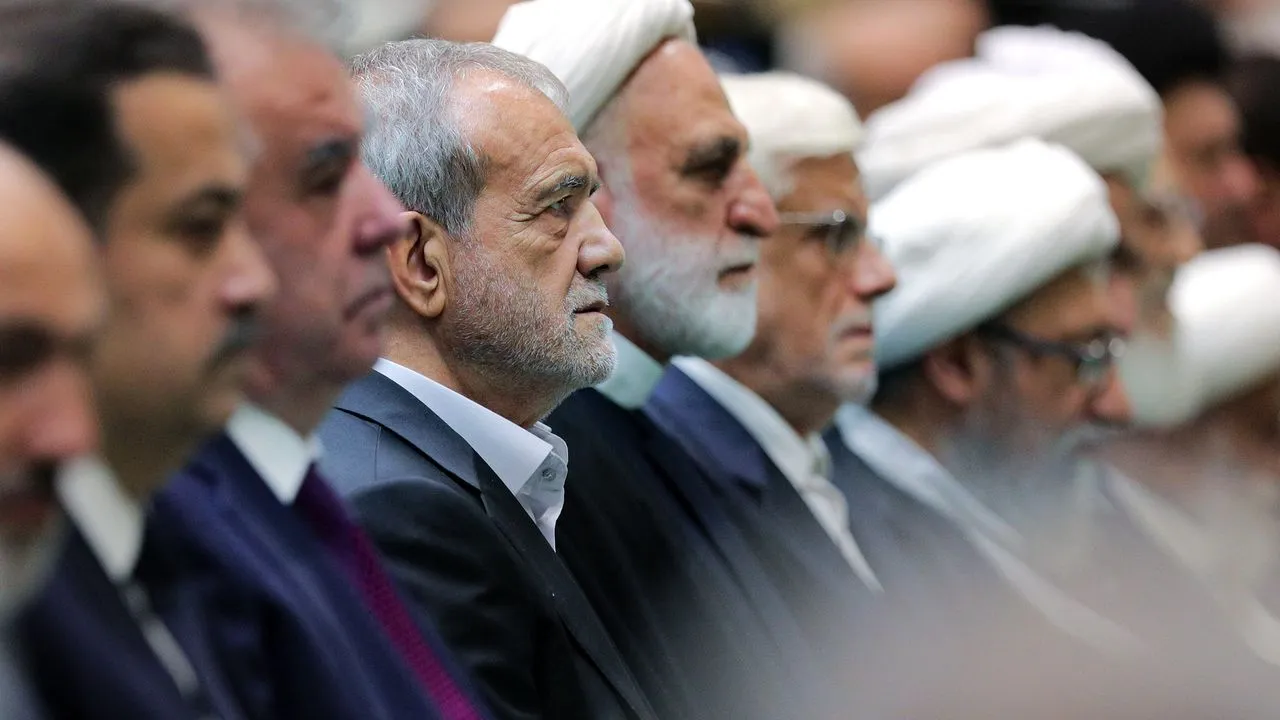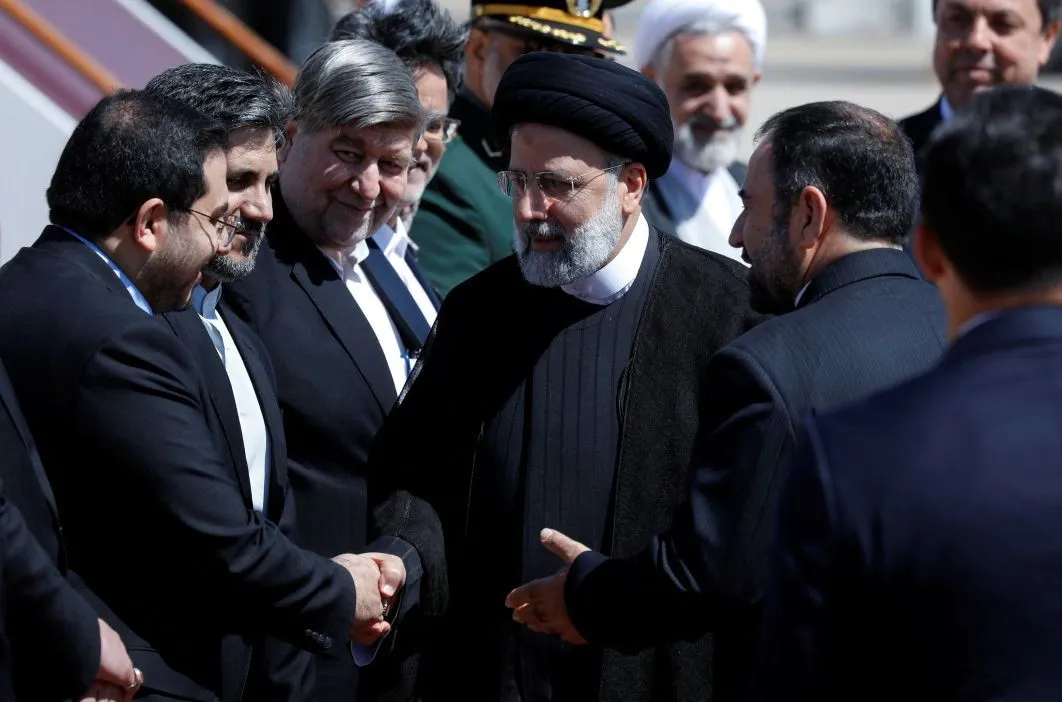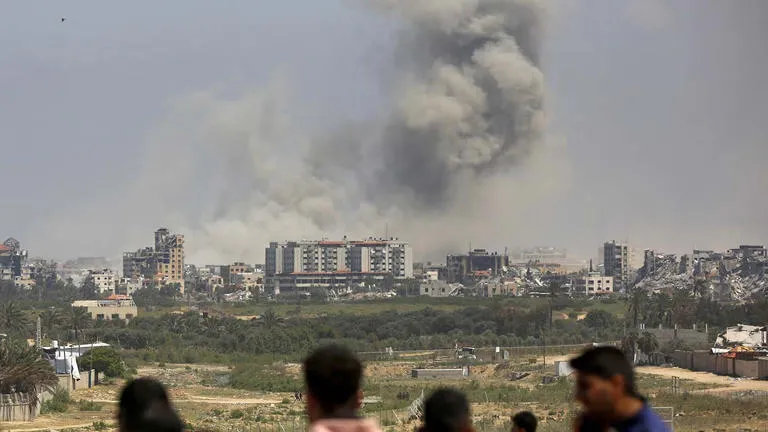
U.S. Warns Iran of Severe Risks if Large-Scale Attack on Israel Occurs
The United States has issued a stern warning to Iran, emphasizing the grave consequences the newly established Iranian government and its economy would face if Tehran carries out a large-scale attack on Israel.

According to a U.S. official, Washington directly communicated this warning to Tehran through various channels on August 8. The message highlighted that Iran could face severe risks if it escalates the situation by launching a significant retaliatory strike against Israel.
The warning underlined the potential damage to Iran’s economy and the stability of its newly formed government if the country chooses to proceed down this path, according to the official.
Tensions between Iran and Israel have been escalating recently, especially after the assassination of former Hamas leader Ismail Haniyeh in Tehran, an incident for which Israel has neither confirmed nor denied responsibility. On August 7, Iran International, a UK-based Iranian television channel, reported that Iran’s new President, Masoud Pezeshkian, advised Supreme Leader Ali Khamenei to avoid launching a direct attack on Israeli territory to prevent an unwanted escalation into a full-scale war.

Smoke billows after the Israeli army launched an airstrike on the Al Mughraqa area in the Gaza Strip
President Pezeshkian expressed concerns that any Iranian attack could provoke an Israeli retaliation targeting Iran’s national infrastructure and energy facilities, potentially crippling Tehran’s economy. He further warned that a war with Israel would undermine efforts to bridge the gap between the Iranian government and its citizens, damaging Iran’s international standing at a time when it is striving to improve its global image.
The Iranian President emphasized that his opposition to military action against Israel stems from national interest considerations, not a lack of knowledge or experience in security and military matters. Supreme Leader Khamenei’s response to these warnings remains unclear.
The Iranian government has yet to comment on the information provided by Iran International.
The Biden administration has been actively engaged in diplomatic efforts to prevent any military actions by Iran, its supported armed groups, or Israel that could exacerbate regional tensions. Washington is simultaneously working to preserve the ceasefire in the Gaza Strip. The U.S. has also announced its readiness to deploy military forces to defend Israel, as it did during Iran’s missile and drone attacks in April. On August 7, U.S. Central Command (CENTCOM) confirmed the deployment of F-22 stealth fighters to a Middle Eastern base.
Additionally, the U.S. military has dispatched more warships capable of intercepting ballistic missiles to the region, including the aircraft carrier USS Theodore Roosevelt, which is currently operating in the Gulf of Oman. A U.S. official noted that a squadron of F/A-18 fighter jets from the Theodore Roosevelt has been stationed in a Middle Eastern country to position them closer to potential conflict zones.
While U.S. officials are uncertain about the timing and scale of Iran’s potential retaliation, recent intelligence suggests that Iran could launch an operation by the weekend. It is also unclear whether Hezbollah, a powerful ally of Iran in Lebanon, would coordinate with Iran in an attack on Israel or pursue its own operations. Hezbollah possesses a significant arsenal of rockets capable of striking Israel, raising concerns that the group might collaborate with Iran to overwhelm Israel’s air defense systems.
“In previous attacks, we had more warnings,” the U.S. official said, referring to the April incident. “This time, everyone is making their best guesses.”



